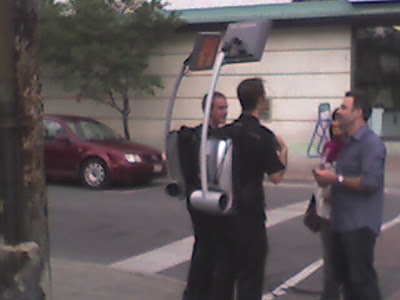Scientists Should Read Broadly

We should not be too quick to dismiss as irrelevant the scientific
findings in other fields. Though, for example, astronomy and
psychology appear to have nothing to do with one another, remember
that before Newton ballistics and astronomy were considered completely
different fields. Imagine youself living at that time... How could the
motions of the heavenly bodies have anything to do with the mundane
motions of thrown rocks? One of the things that made Newton's laws so
exciting was that they explained the motions of balls thrown by
children and the moon with the same theory.
I believe that scientists should read broadly, for the benefit of
science. By reading broadly scientists increase their probability of
coming up with a revolutionary theory-- revolutionary theories often
have the characteristic of bridging scientific areas previously
thought to be unrelated.
I read Discover magazine for this reason. Sometimes even I doubt that
what I'm reading will ever be tied back to cognitive science,
e.g. geology. But maybe it will. There have been proposals that
quantum mechanics are important for understanding human
intelligence. I'm speaking of Penrose's The Emperor's New
Mind. This isn't the greatest example, because I have yet to meet
a cognitive scientist who thinks we should take Penrose's theory
seriously. People, for now, seem to be reacting similarly to Wolfram's
automata theory as expressed in A New Kind of Science. Though I
don't believe in either of these proposals, I am very much in favor of
their approach at a high level: These kinds of things are important to
say because I find many scientists who don't even attend talks outside
of their subfield!
Psychologists who study attention do not go to social psychology
talks. They don't see it as relevant and valuable, but I see it as a
long-term investment in your own mind, making the soil fertile for new
things to grow sometime in the future.
Pictured is perhaps one of the worse jobs ever. These poor assholes are hired to basically be walking television sets marketing stuff. Taken by yours truly on the streets of Ottawa.

Comments
Henry Jenkins, co-director of the Massachusetts Institute of Technology's Comparative Media Studies Program, talks about why scholars should look beyond their academic fields in their work.
http://chronicle.com/media/audio/v54/i03/jenkins/